The tragic state of PC building in 2021
Here's what you're going up against if you're looking to build a gaming PC in 2021.

PC component shortages. We've been here before. Sadly, shortages of high-performance components have been an all too common problem in the past half decade, although never quite as pronounced, or as broad as the one facing PC gamers today. Over the past year we've seen 'out of stock' or 'sign up for stock notifications' plastered on store pages for graphics cards, CPUs, PSUs, and even gaming mice.
The cause for today's PC component shortage is many sided. Perhaps the root cause for it all has been the coronavirus, which has undoubtedly impacted production of today's most in-demand components. Factories halted production early on in 2020 and are largely still playing catch-up today. Yet we mustn't ignore what has only served to exacerbate supply issues: bots and cryptocurrency mining continue to only make matters worse for your average PC builder.
What it basically comes down to is a matter of immense demand. Not only from those looking to make a quick buck with a graphics card or two, but from gamers, new and old. PC gaming is on a spectacular high right now.
If you're only just catching up with our turbulent, drama-filled past twelve months in PC gaming, you've come to the right place. There have been many twists and turns leading up to where we're at today, which is unfortunately not all that different from where we started this mess, but from which we can make some judgement calls on the year ahead in PC building.
Graphics cards
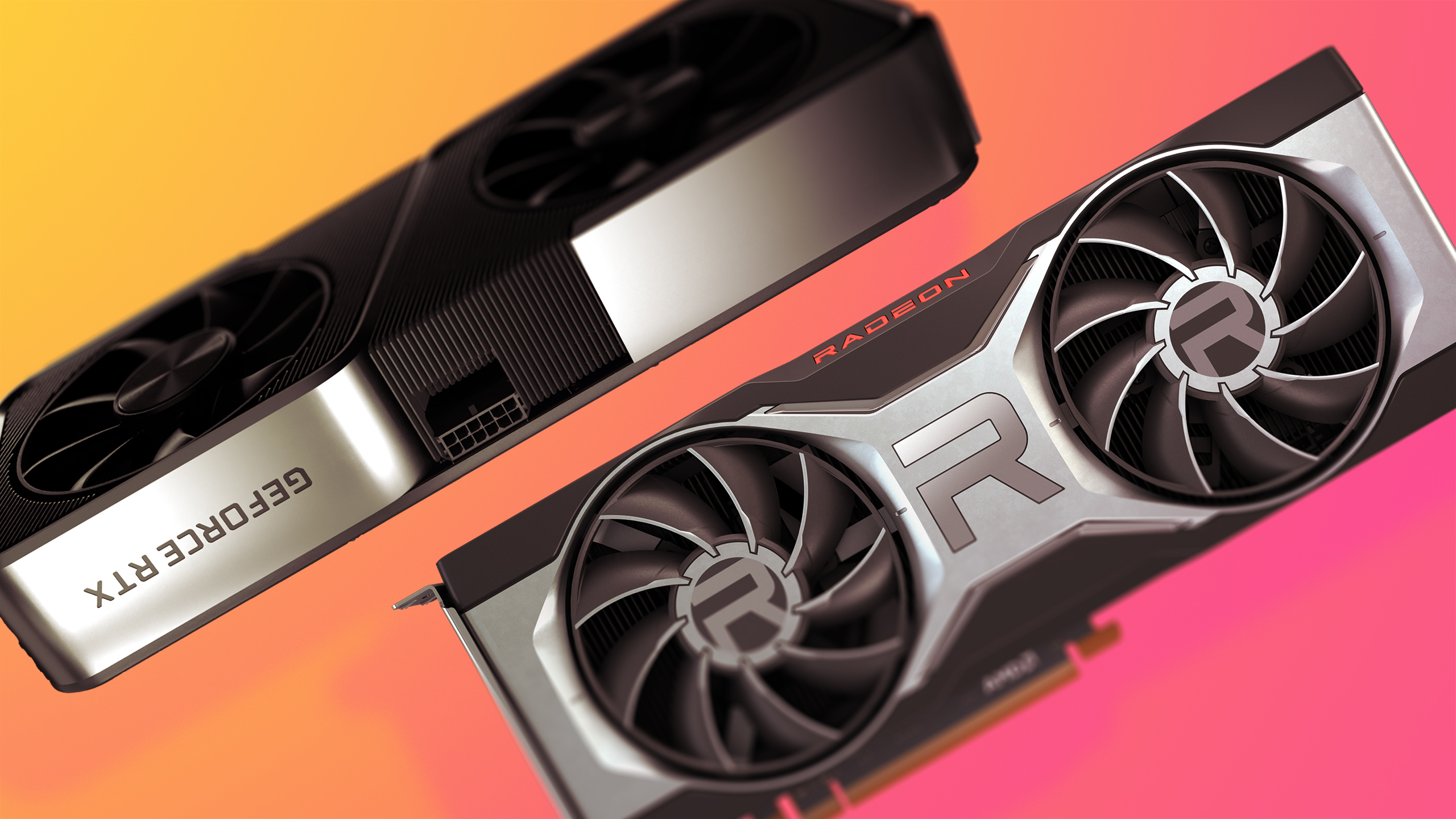
When will the GPU shortage be over?
There's no clear end in sight for the GPU shortage currently wrecking havoc in the PC building sphere. Nobody knows when it might cease, not even Nvidia or AMD. That's probably not a good sign for the ongoing GPU shortages, which has every graphics card within reason, even multiple generations old, flying off the shelves in a matter of seconds.
Here's the latest news on the GPU shortage:
- Nvidia expects GPU shortages to continue 'for much of this year'
- When will the GPU shortage actually end? Join us as we discuss the return to PC building normality
- Nvidia's GeForce GTX 1080 Ti might be back in production
- Nvidia GTX 1050 Ti goes from end of life to best seller in months
- So, actual graphics card smugglers are now a thing then
Nvidia has also seen fit to limit Ethereum mining on its RTX 3060 12GB graphics card, one which it claims "cannot be hacked". This is so far the only card in the GeForce RTX 30-series lineup to attempt such a feat, although future (unannounced) cards are also expected to feature something similar.
The biggest gaming news, reviews and hardware deals
Keep up to date with the most important stories and the best deals, as picked by the PC Gamer team.
The limiter is currently in limbo, however, as Nvidia accidentally released a driver without the prerequisite code to keep miner's at bay. The company is said to be considering a GPU switch in order to give its unhackable limiter another shot, however, although this remains only a rumour for now.
AMD has confirmed that it will not be limiting any workload on its graphics cards. Its Radeon RX 6000-series GPUs remain in short supply, too, which is a shame as they may be the company's best yet.
At least you may have some luck with the latest gaming laptops, which are now available with RTX 30-series GPUs. Similarly, gaming desktops of the prebuilt variety offer some solace for the wary stock hunter. Delivery lead times are now sometimes a couple of months or more, but at least you're guaranteed a machine at the end of it.
Lastly, it's important to note that it's not entirely a lack of graphics silicon that's necessarily kicking graphics card manufacturers in the teeth. A wider component shortage has its tendrils in nearly every corner of the global manufacturing world, which has caused shortages of those little electrical components you'd never think twice about as a consumer, but are vital to PC parts.
If you can't be bothered to dedicate hours scouring for cards, or you're on a tight budget and don't like the look of the latest pricing increases, here's our guide to an ultra budget gaming PC build.
Processors
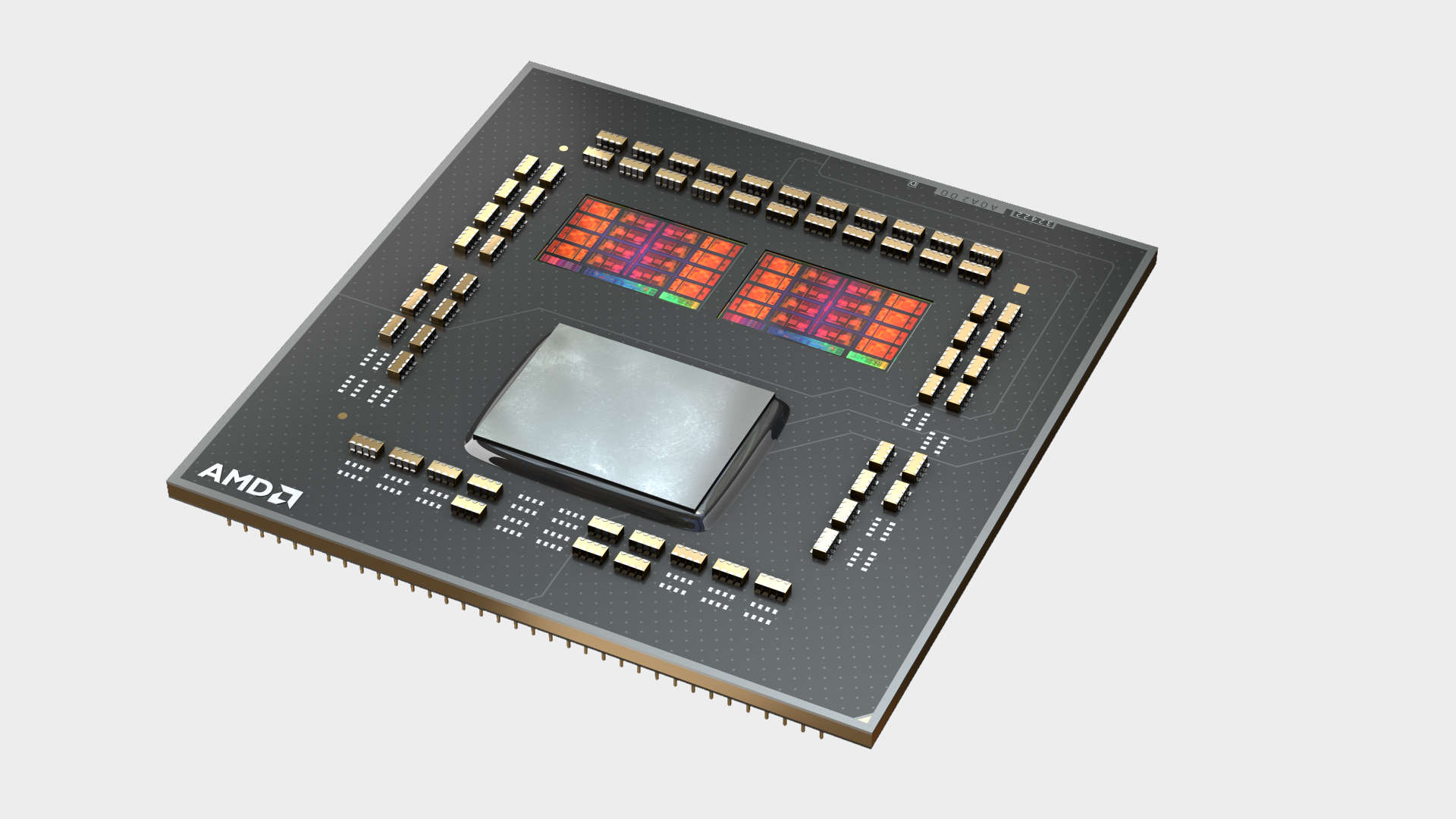
And what about a CPU. Can I buy one of those?
I've got good and bad news for all you would-be CPU purchasers. The good news is that you can buy a processor today. Both AMD's Ryzen 5000 and Ryzen 3000 processors are fairly widely available, generally speaking, while Intel's 11th Gen Rocket Lake chips are also often found at MSRP. You may even find a half-decent saving if you shop around.
The bad news is the high-end 12- and 16-core AMD Ryzen Zen 3 processors, the Ryzen 9 5900X and Ryzen 9 5950X, are like gold dust. Plenty of mid-range chips to choose from, but only Intel's high-end available at anything close to MSRP—although we wouldn't blame you for passing up on the Core i9 11900K.
In terms of APUs, AMD has launched its Ryzen 5000-series chips for both laptops and OEMs, for use within prebuilt PCs. So far there's no confirmed date for these chips' arrival in the DIY market, although AMD has said it aims to make these "available to DIYers this year".
We're hoping for a release sooner rather than later, if only because these chips could prove a useful, if a little underwhelming, salve for the ongoing GPU shortage.
Here's the latest news on processors:
- AMD launches new Ryzen 5000 G-series APUs, promising to 'make it available to DIYers this year'
- AMD's Ryzen 9 5900 would be the best gaming CPU if they existed and we could actually buy one
SSDs
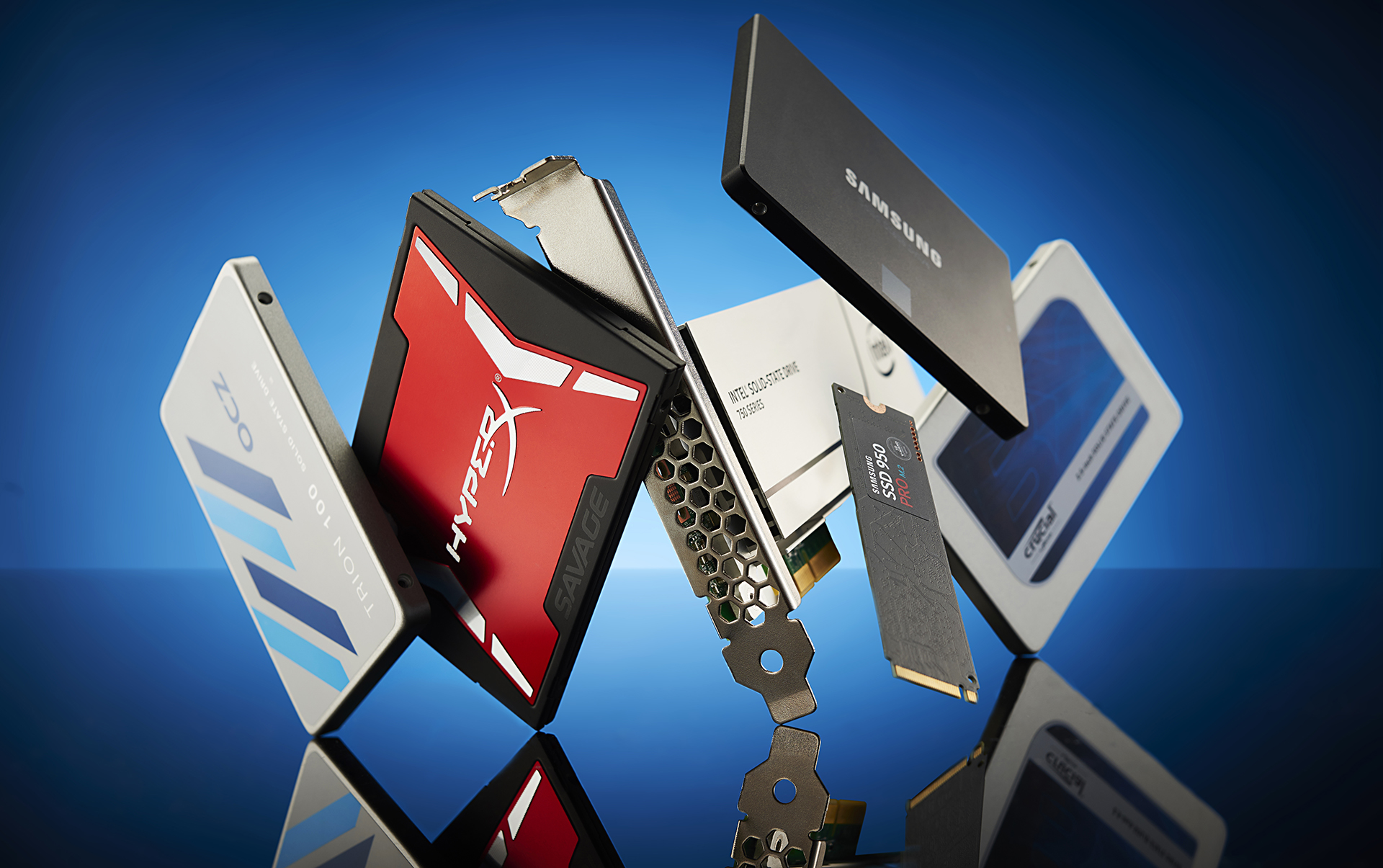
SSDs are, surprisingly, still pretty cheap
Thankfully, things are not looking terribly bad for most other critical PC components in 2021. SSDs among them. While we weren't sure whether the price of NAND Flash would erupt in 2020, it appears to remain at its modest price so far in 2021.
SSD prices have been gradually dropping over the past few years, to the point now where even the fastest M.2 PCIe 4.0 models aren't massively overpriced next to more reasonable PCIe 3.0 and even SATA drives.
So far, only minor price increases are expected throughout the year. That's according to a recent investigation by market analyst firm, TrendForce. although these sorts of predictions for pricing rises and falls are quite common and not necessarily indicative of the price you'll see on the shelves.
Here's the latest news on SSDs:
- Another lightning quick PCIe 4.0 SSD emerges, now let's see prices come down
- MSI's new SSDs have a beautifully stupid name and I'm digging it
- Patriot's latest PCIe 4.0 SSD is rated to run faster than its controller chip is built for
The main takeaway is this: Cheap SSDs are actually available, even in these dire times, and faster than ever, thanks to PCIe 4.0. Though there is definitely an argument for not putting off a new SSD purchase in the hope that prices will go even lower as there is a chance we could see price rises down the line.
Memory
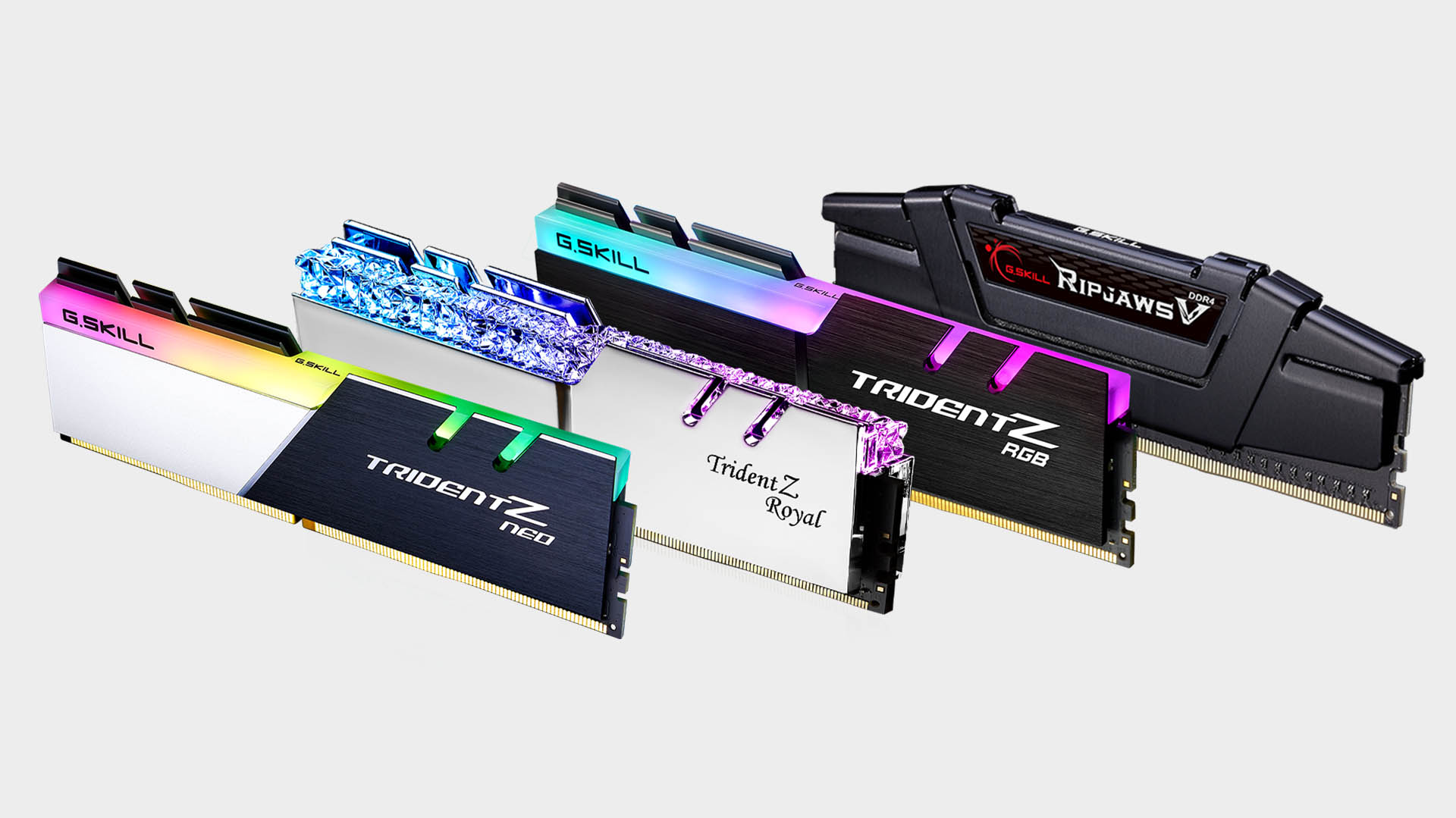
Get in on RAM while the going's good
RAM pricing has been a rollercoaster ride these past few years. From lows to highs to lows again, we're thankfully still enjoying a period of relatively low prices and steady supply.
But I'm not wholly convinced this recent tranquility is going to stick around for long. Take a look at the average price of Corsair Vengeance LPX 16GB 3,200MHz sticks on camelcamelcamel, for example. For the better part of 2020 we were enjoying record low prices for this popular memory kit, although it's starting to look like that good will among manufacturers and retailers is wearing thing.
Here's the latest news on RAM:
- Now may be a great time to upgrade your RAM, as pricing could be about to rocket
- Memory maker teases DDR5-10000 RAM and we're practically salivating at the thought
- G.Skill's new DDR4-5333 RAM for Rocket Lake is faster than some DDR5 kits
At least there's exciting time ahead of us for system memory. DDR5 will arrive in earnest later this year, touting speeds faster than any DDR4 kit, with initial support found on Intel's Alder Lake CPUs.
Power supplies
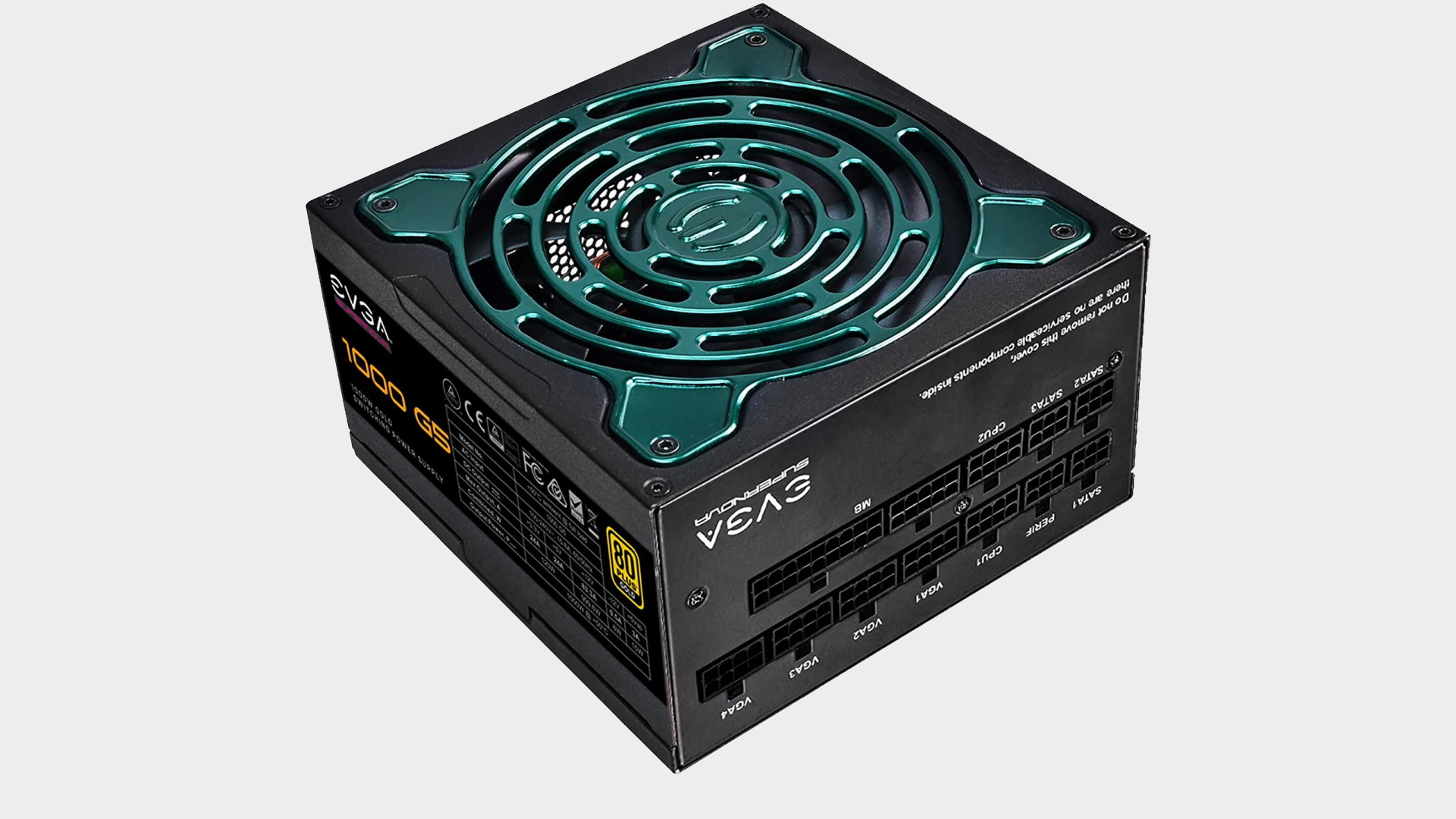
PSUs are back in stock after a blip in 2020
For a while there we were on shaky ground with PSUs. In 2020, an initial wave of component shortages and reported cryptocurrency sales were stripping PSU stock off the shelves faster than it seems anyone could make them. In turn, this caused prices to increase for this important component, often left until last.
We're used to finding PSUs with some pretty considerable discounts, too, so price increase beyond MSRP, or a total lack of stock, was quite a shock for some.
Yet these tough conditions have eased somewhat in 2021. A look to any number of major retailers and you'll find the best power supplies from trusted manufacturers with half-decent discounts. Back to our regularly scheduled programming, then.
Well, not exactly. There's still some tightness surrounding the PSU of choice for cryptocurrency miners: effectively anything over 1kW. That's enough for most mining rigs to get off the ground, and high efficiency in operation can also be a desirable trait when you're trying to turn a quick profit.
It's certainly possible to find a 1000W or more power supply unit available today, just don't expect any major discounts.
For the most part, unless you're going for an extreme PC build, an 850W PSU will be plenty enough for even today's top GPUs. Thankfully, those are seemingly in abundance after a brief wobble.
If you require a helping hand picking out the correct PSU wattage, check out the PSU calculator.

Jacob earned his first byline writing for his own tech blog. From there, he graduated to professionally breaking things as hardware writer at PCGamesN, and would go on to run the team as hardware editor. He joined PC Gamer's top staff as senior hardware editor before becoming managing editor of the hardware team, and you'll now find him reporting on the latest developments in the technology and gaming industries and testing the newest PC components.

